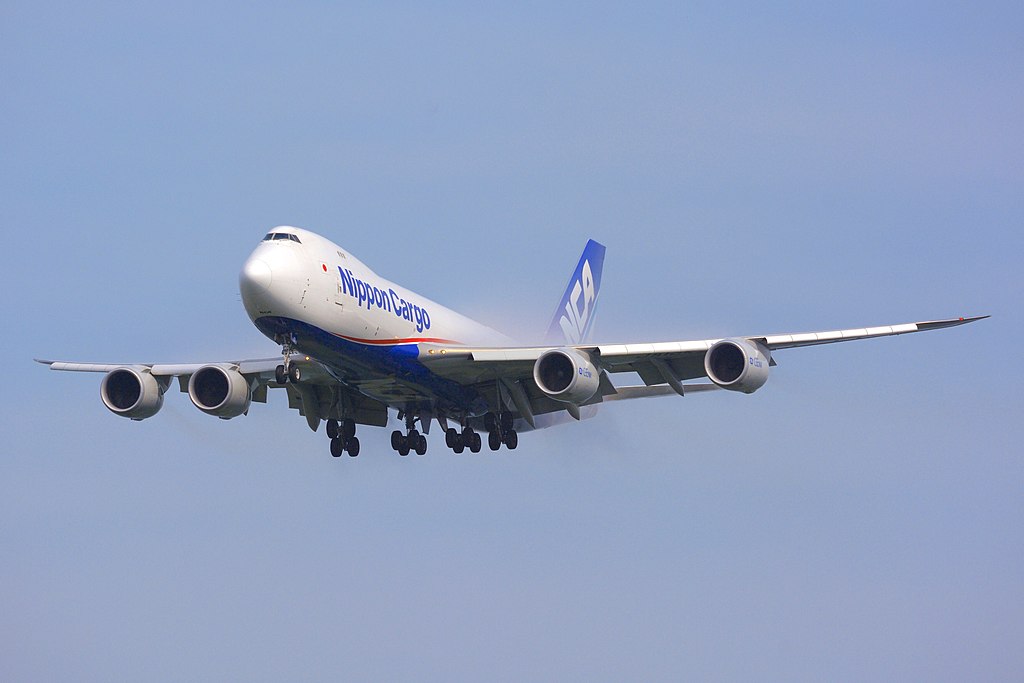In a significant shift for the global air cargo industry, ecommerce is projected to account for one-third of all parcels shipped by air by 2027, according to the International Air Transport Association (IATA). This surge underscores the profound impact of digital commerce on logistics and freight, necessitating faster deliveries and efficient package tracking systems.
Currently, ecommerce constitutes 20% of total global air cargo, a figure expected to rise to 30% within the next five years. This growth is driven by increasing consumer preference for online shopping, resulting in a substantial increase in parcels shipped by air.
A transformative trend
In 2022, one in five parcels shipped by air freight originated from online shopping orders. Global carriers handled over 170 billion parcels that year—a fourfold increase from 2014. By 2027, this volume is forecasted to surge by 50%, reaching an estimated 256 billion parcels.
Andre Majeres, head of ecommerce at IATA, emphasized the scale of this growth at the recent World Cargo Symposium in Hong Kong. “We are facing an unprecedented influx of parcels,” Majeres remarked. “Effective package tracking will be crucial for managing this volume efficiently.”
Impact on global logistics
The global logistics market, valued at $386 billion in 2022, is projected to reach $2.4 trillion in annual sales by 2032, largely propelled by ecommerce expansion. This growth necessitates enhancements in logistics infrastructure, technology, and operational strategies to meet demand for swift and reliable delivery services.
Air cargo, renowned for its speed and reach, is poised to become pivotal in ecommerce logistics. Efficient parcel movement across continents is essential for meeting consumer expectations. Consequently, airlines and logistics companies are investing heavily in expanding air freight capacities and streamlining operations.
Technological advancements and package tracking
Technology plays a critical role in managing the burgeoning ecommerce shipments. Advanced tracking systems, automated sorting facilities, and real-time data analytics are deployed to ensure efficient parcel handling. Online package tracking solutions, such as Ordertracker, have become indispensable for consumers and businesses. These systems provide real-time updates on shipment status, enhancing transparency and customer satisfaction.
The integration of such technologies into logistics chains improves operational efficiency and facilitates proactive management of potential disruptions. Consumers benefit from enhanced visibility into their shipments, ensuring a seamless shopping experience.
Challenges and opportunities
While ecommerce growth presents opportunities, it also poses significant challenges. Managing the sheer volume of parcels requires enhanced coordination and infrastructure development among airports, freight forwarders, and logistics companies to optimize cargo handling and mitigate bottlenecks.
Looking ahead
In conclusion, the convergence of ecommerce and air cargo signifies a paradigm shift in global logistics. The industry’s ability to leverage technology and streamline operations, including effective package tracking, will be crucial in meeting ecommerce demands. As we approach 2027, stakeholders across the air cargo ecosystem must continue adapting to capitalize on emerging opportunities while addressing challenges.
The future of air cargo is intertwined with ecommerce growth. By embracing innovation and enhancing operational efficiencies, the industry can lead toward a more interconnected global economy, where goods move swiftly and reliably to meet evolving consumer needs.






